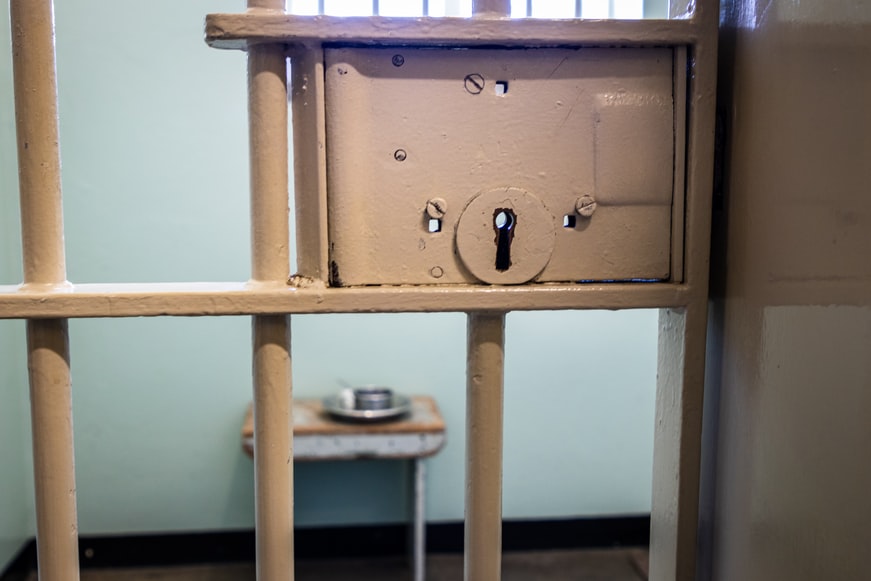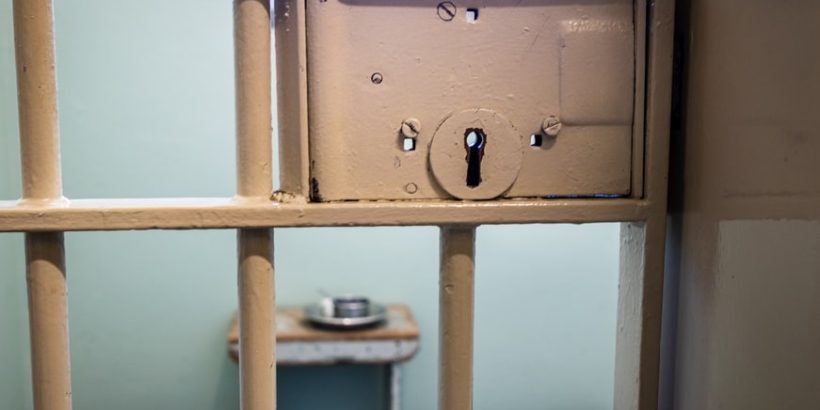
By Katie Brenneman
In a perfect world, anyone who commits a crime would understand the harm it caused and never go back to that lifestyle. Unfortunately, this is far from a perfect world. Recidivism is the tendency of a criminal to re-offend, and it’s a bigger problem than most people realize.
In the United States, recidivism is at an all-time high, with 76.6% of criminal offenders returning to prison. But, it’s not fair to brush people off as “common criminals” or stereotype them as evil or inherently bad. There are more underlying causes of recidivism than you might think. Digging beneath the surface to address some of those causes is important. The more people who understand the root issues behind recidivism, the more things can be done to make positive changes.
So, what are some of those causes, and how do they impact people who commit multiple crimes?
Substance Abuse Issues
There’s no question we have a substance abuse epidemic in our country. A 2017 survey found that 19.7 million American adults over the age of 12 were battling a substance use disorder. Substance abuse and criminal activities have always been closely linked for a variety of reasons.
Many times, substance abuse creates financial issues in a person’s life. Because the addiction is so strong, they might resort to theft, smuggling, drug dealing, or even prostitution to get the drugs they want or to make ends meet. Obviously, these are all illegal activities that come with heavy repercussions. But, unless the addiction is addressed and treated, it’s likely someone with substance abuse issues will continue doing whatever it takes to feed their needs – even if it gets them arrested multiple times.
Unfortunately, even if someone is clean after leaving prison, it can be hard to find a job when you have a record, causing the cycle of financial strain to start all over. Thankfully, there are resources those who have been incarcerated can use to find employment, update their financial information, and even secure housing so they can start fresh instead of turning back to illegal activities for money.
Racial Inequality
It’s a tough subject to talk about, but multiple studies have shown that racial inequality is a very real problem when it comes to criminal activities. One analysis discovered that Black people are five times more likely to be arrested than whites. Unfortunately, that’s not the only area where racial inequality is causing problems. It still exists in the home buying process, different career paths, and education.
When people of color are targeted or treated differently by law enforcement, it can trigger multiple problems. If people of color feel like they can’t get ahead, their communities are more likely to suffer. They might have to deal with struggles like:
- Inadequate housing
- Safety and security issues
- Prostitution and sex trafficking
- Drug dealing
- Fewer employment opportunities
Living that kind of lifestyle can make anyone feel desperate. Racial profiling causes a lot of stress for underserved communities and can contribute to mental health issues for Black people and other people of color. When someone is struggling with depression or anxiety, they might behave in ways that aren’t “typical”. Or, they might feel so hopeless about their situation that they do something illegal in an attempt to get ahead.
While the root causes of recidivism aren’t meant to be seen as excuses, we mustn’t label all criminals the same way. A life of crime can be a difficult thing to escape once you’re involved. That’s especially true for individuals who were struggling even before they committed a crime. Society can do a better job of supporting inmates and underserved communities, and doing more research on why certain criminals tend to repeat their offenses. The more we understand, the easier it will be to slow these vicious cycles.

Katie Brenneman is a passionate writer specializing in lifestyle, mental health, and activism-related content. When she isn’t writing, you can find her with her nose buried in a book or hiking with her dog, Charlie. To connect with Katie, you can follow her on Twitter.

Complex Trauma is a topic that needs to be continuously unpacked as it relates to recidivism within the black community. Environment, racism, conditioning, and generational subjugation has an immense impact on mental health. The roots are deep.